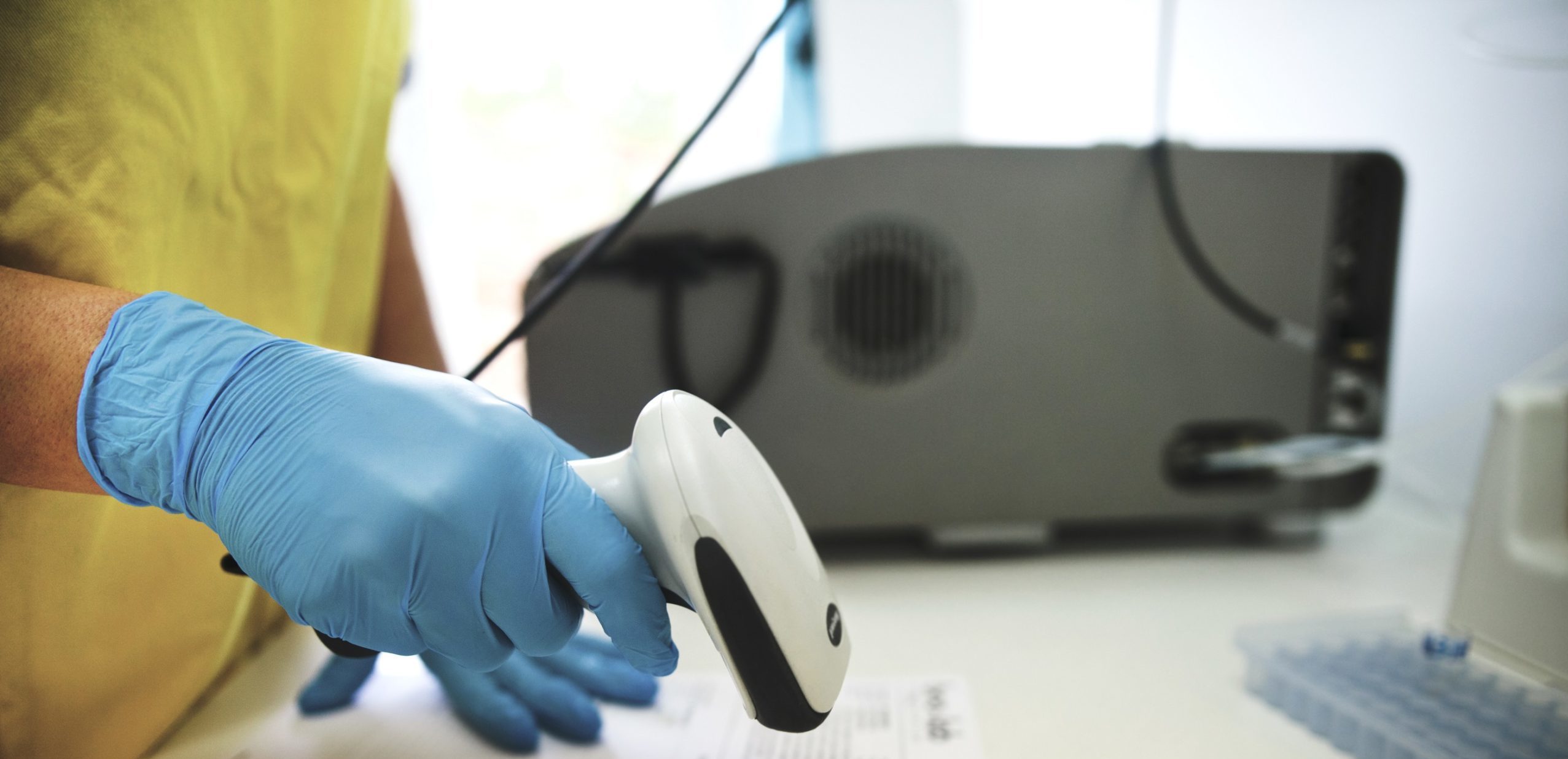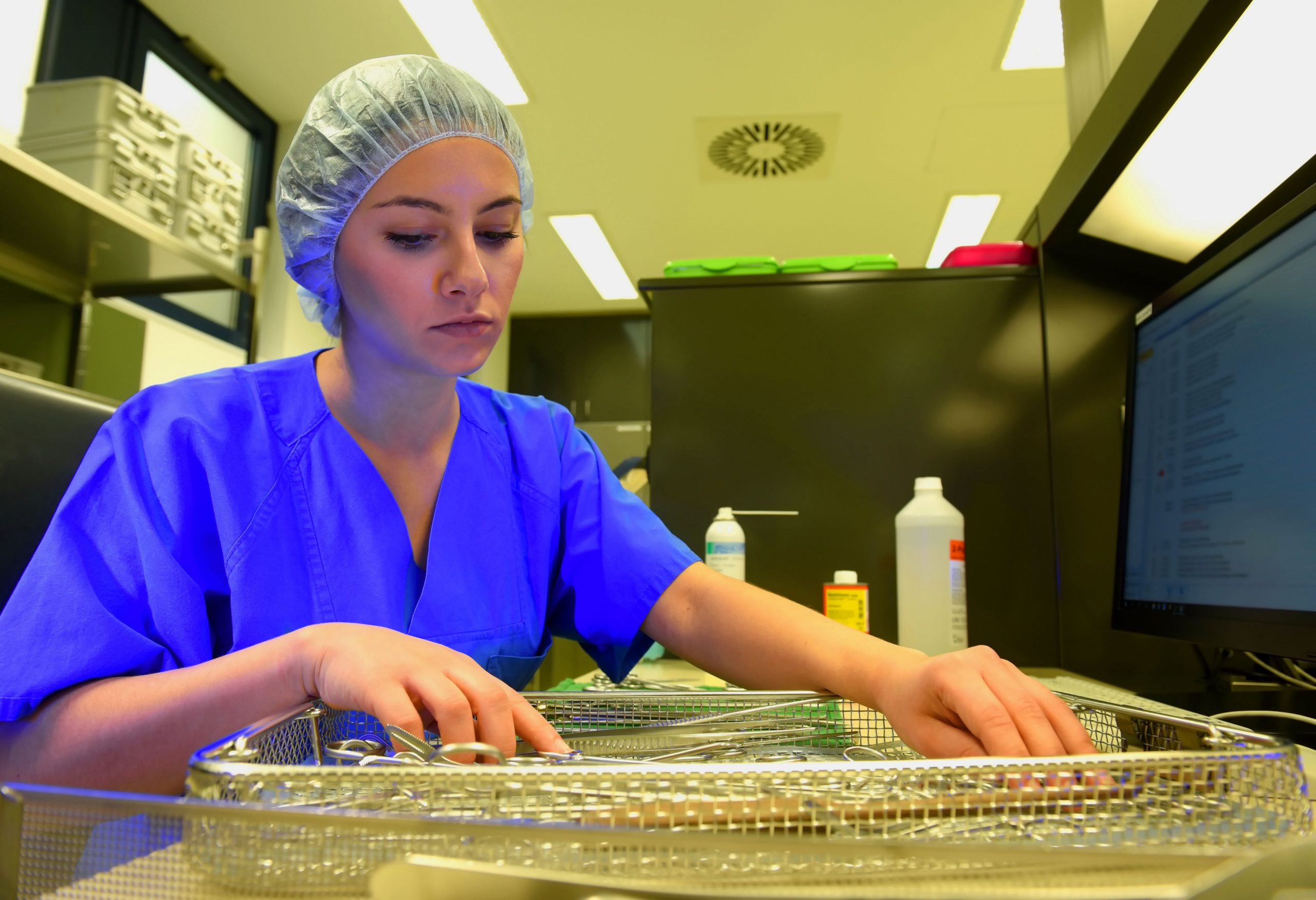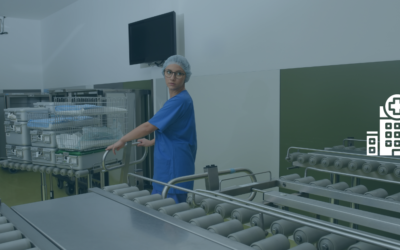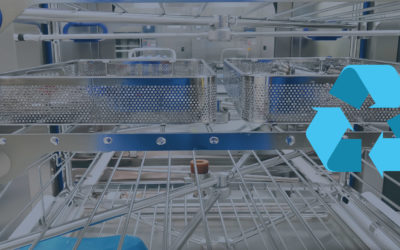All Health Service Organisations are faced with managing risks, one area of concern is errors resulting from reprocessing of reusable medical devices.
A single hospital that has multiple procedures per day can lead to millions of instrument sets being reprocessed each year. So, it’s not surprising that items go missing and potential incorrect management of a device occurs.
However, these errors create delays, increase reprocessing costs but more importantly can contribute to surgical infections and perioperative morbidity.
One Australian company is helping to change that.
Sterequip is Australia’s first complete outsourced reprocessing service provider and they’ve been delving into the research to find ways to minimise the risk to Health Service Organisations.
One study (1) found that an Academic Medical Centre reported 9% missing instrument rate at one of their campuses from January through July 2013. Depending on the number of missing items per set, it would have resulted in a number of the additional sterile sets being opened to obtain replacement instruments. Both the unused opened sets and the used instruments then have to be reprocessed.
The flow on effect is increased costs of reprocessing and potential delays to surgeries. More importantly it puts additional pressure on both surgical staff and Central Sterile Services Department (CSSD) to react quickly.
Though 9% may at first glance seem manageable, over time it compounds, increasing workloads.
Sterequip has put in three prevention measures to assist in missing items, firstly each device is individually marked. The Unique Device Identifier (UDI), is a permanent mark applied to all reusable medical devices to identify the items throughout the reprocessing cycle.

Secondly, Sterequip has a comprehensive traceability system that allows Health Service Organisations complete visibility throughout the reprocessing cycle. Each item is scanned at entry, washing, inspect and packing, sterilisation, storage and dispatch.
Finally, each Sterequip reprocessing super centres is fitted with an Automated Storage and Retrieval System that minimises handling and picking errors.
In a study conducted for Worchester Polytechnic Institute, after re-examining the root causes for missing instruments, lack of inventory was seen to be one of the biggest problems because sets were sometimes assembled without the all of instruments. Many times, this occurred because a particular instrument either could not be found or did not exist in the inventory of the department.
Sterequip invests in additional instruments to limit any impact from increase reprocessing times due to outsourcing. They provide backups for frequently used instruments that are being maintained, repaired or replaced giving greater reliability when it is needed.
Another root cause of errors was shown to be the workflows within the CSSD, especially in busy facilities or ones where space was at a premium. Errors appeared when the workflows were not optimised causing CSSD staff to walk back and forth in order to complete tasks.

To combat this, Sterequip has designed their facilities to minimise staff movements and utilise a passthrough system from dirty to clean to sterile ensuring instruments can only arrive at each section having been processed. Each section also has airlock entries and pressurised air flow with HEPA filtration to minimise any risk of contamination.
The final error source was where an instrument was incorrectly reprocessed. All reusable medical devices have manufacturer information about how to reuse, clean, disinfection, and packaging, the method of sterilisation to be used, and any restriction on the number of reuses.
Sterequip core business is sterilisation and reprocessing. So, it ensures all staff are adequately trained and are maintaining their certifications. Sterequip also includes tamper seals and indicators in all of its reprocessed trays to provide certainty of sterilisation.
To find out more about Sterequip and outsourcing your reprocessing, simply call 1300 STEREQUIP (1300 783 737).
References:
1. Study Project By Diego Adrianzen; Zachary Dombroski; Shahbaz Soofi; Stephen Young. Worcester Polytechnic Institute, Worcester, Massachusetts.


